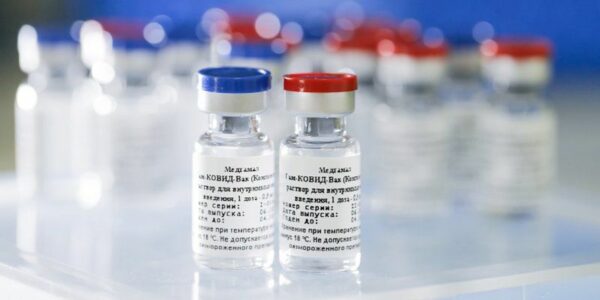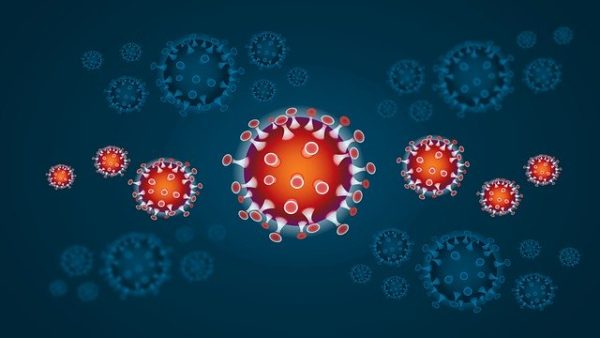Sputnik V: Hungary Gives Preliminary Approval to Russian Coronavirus Vaccine

Hungary is the first country in the EU to give preliminary approval to the Russian coronavirus vaccine, Sputnik V.
On January 21, PM Viktor Orban’s chief of staff confirmed both the Russian vaccine and the Oxford-AstraZeneca vaccine had been given the green light by the health authorities.
Foreign Minister Peter Szijjarto is travelling to Russia for further talks, where he is expected to discuss a shipment and distribution deal.
Early results from trials of the Russian vaccine have shown promising results.
Hungarian health officials are also in Beijing for talks with the Chinese authorities over the approval and immediate delivery of one million doses of the Sinopharm vaccine, which is already being used in neighboring Serbia.
Sinopharm, a Chinese state-owned company, announced last month that phase three trials of its vaccine showed that it was 79% effective – lower than that of Pfizer and Moderna.
However, PM Viktor Orban has said the only way Hungary can satisfy the demand for vaccination, given the “frustratingly” slow delivery of the Pfizer-BioNTech vaccine, is by buying from Russia and China.
Coronavirus: AstraZeneca and Sputnik V Vaccines to Be Combined in New Trial
Sputnik V: Russian Coronavirus Vaccine Shows to Produce Antibody Response
At least 140,000 Hungarians have already been vaccinated. But government efforts to popularize the Russian and Chinese vaccines have already run into opposition.
The skepticism and suspicion among Hungarians is, in the public imagination at least, related to the Communist domination of the country from 1948 to 1989.
The move has also drawn criticism from the EU, which is wary of yet another example of Viktor Orban’s government going its own way and undermining EU solidarity.
Katalin Kariko, a Hungarian biochemist who left the country for the United States in 1985, played a key role in developing the Pfizer-BioNTech vaccine.
Some polls suggest only seven percent of Hungarians would accept the Sputnik V vaccine, while acceptance of the Chinese version has been measured as low as one percent by some surveys.
Russia is funding and building a major expansion of Hungary’s nuclear power station at Paks. The Chinese Fudan University is also due to open a campus in Budapest in 2024, and plans are advancing for a high-speed Chinese railway that would link Budapest to Thessaloniki and bring Chinese goods to Europe.
According to recent reports, 6,000 doses of the Sputnik V vaccine will be administered to 3,000 paid Hungarian volunteers in phase three of a clinical trial in the coming weeks.

